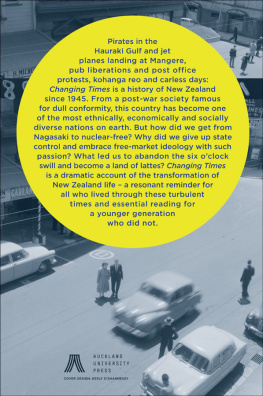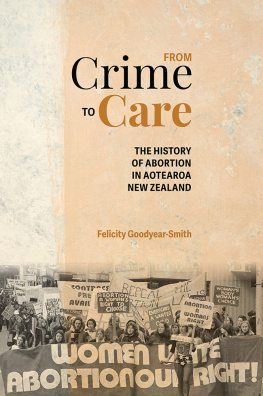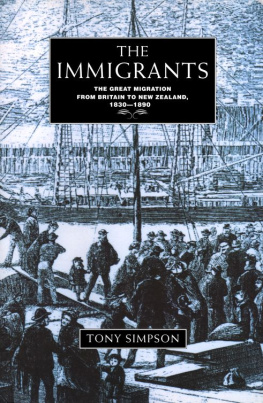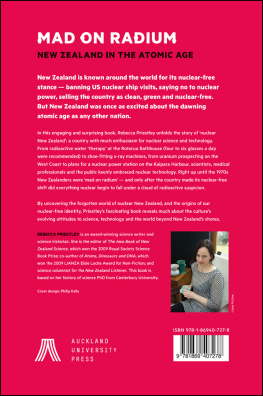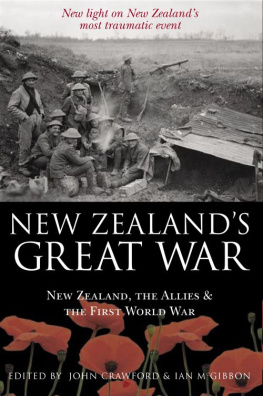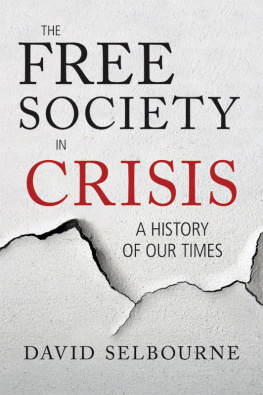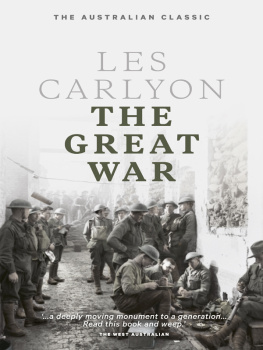
CONTENTS
ACKNOWLEDGEMENTS
We are grateful to Auckland University Press for suggesting the idea of a New Zealand history focusing on the post-1945 period. While this seemed a daunting prospect at the outset, Sam Elworthy, Anna Hodge, Christine OBrien and Katrina Duncan have, through their respective expertise, eased the task considerably. We are grateful, too, to Mike Wagg for his meticulous copy-editing, Claire Gummer for proofreading and Diane Lowther for indexing.
We are indebted to a great many historians, past and present, whose work we have drawn on in this book. Thanks also to Geoff Ricketts, Rina van Bohemen, Rhys Harrison and Daniel Morrow, who read chapters at various stages of completion; Cathy Marr, Principal Research Analyst, Waitangi Tribunal, for fielding queries; Redmer Yska for helping us with bodgies and widgies; Robin Congreve, Peter Simpson, Linda Bryder, Peter Graham, Bryce Wilkinson and Brian Gaynor for advice and assistance; Steve Heap for solving Jennys computer glitches; and research librarians at the University of Auckland, Auckland City Libraries, Alexander Turnbull Library, Archives New Zealand, Canterbury Museum and Puke Ariki, New Plymouth, for their assistance.
We are also grateful for permission to include copyright material in the book. Thank you to photographers Peter Bush, Marti Friedlander, Gil Hanly, John Miller and Ans Westra and to Dinah Morrison for the use of Robin Morrison photographs. Many thanks also to those who granted us permission to use other visuals. Natalie Marshall and Heather Mathie at the Alexander Turnbull Library and Keith Giles at Sir George Grey Special Collections, Auckland City Libraries, were helpful with image assistance, as well as forbearing. Thanks also go to Paul Millar and John Baxter, Charles Brasch literary executor Alan Roddick, Rob Campbell, Rupert Glover and Pia Glover, Alexandra Smithyman and Rob Tuwhare (honetuwharepoetry@gmail) for permission to reproduce lines from the work of James K. Baxter, Charles Brasch, Alistair Te Ariki Campbell, Denis Glover, Mary Stanley and Hone Tuwhare.
Finally, as always, we are especially grateful to our husbands, Rick Carlyon and John Morrow, for their ongoing encouragement and support.
Jenny Carlyon and Diana Morrow
INTRODUCTION
Unforeseen Directions
AFTER 1945
Should you wish to erect a factory, import materials or manufactures from overseas, or send money abroad, you must obtain the states permission If you are a farmer, it offers the assistance of its agricultural experts, buys certain of your products at prices it guarantees, and markets them It plants timber at its own sawmill, and sells it Whenever you visit a doctor, it contributes a portion of the medical fees: and if you are unemployed, widowed, orphaned, aged or totally invalided it pays you a benefit Leviathan in New Zealand is a well-nigh universal provider.
Leslie Lipson, 1948
During World War II, Leslie Lipson, an American professor of political science employed at Victoria University College in Wellington, began work on a study of New Zealand democracy. Published in 1948, The Politics of Equality described a small, geographically remote country and the society that had coalesced there after little more than a hundred years of formal European settlement. New Zealand, in Lipsons view, was fiercely loyal to Britain, ethnically homogenous and socially conservative. As a political community its most notable characteristics were a reputation for advanced social legislation and an unusually pronounced expectation that the state would provide. In fact, the country was one of the most elaborately governed democracies in the world.
Since the late nineteenth century, numerous foreign observers had extolled the degree of state intervention that Lipson found so remarkable. New Zealanders wore this distinction as a badge of national pride. Between 1939 and 1946, when Lipson lived and worked in the country, the exigencies of war prompted the state to widen its already extensive embrace. While continuing to furnish citizens with myriad protections and benefits from insurance, to farming advice, to dental clinics the first Labour government imposed rationing and set in place firm controls on the economy.
Lipson admired the countrys equalitarianism, a neologism he coined to describe the states levelling down and levelling up. Yet he warned that a tendency in the national identity toward the flattening of social differences might see talent sacrificed to the worship of averages and encourage dull conformity. In their thinking, as in their methods of living, Lipson wrote, New Zealanders tend to conform to type. The same convictions, prejudices and stock symbols predominate throughout the country. There is not enough internal diversity to produce a clash of opinion. While New Zealand society held fairness and equality at a premium, he feared too tight an embrace of these very values could stifle talent, initiative and originality.
From 1946, the New Zealand state continued on its interventionist path, shaping and directing not only the economic but also, to a considerable degree, the social and cultural life of the nation. Labour and National, the major political parties, continued to accept the states central role in managing the economy and providing social services.
Governments in post-war Britain and Western Europe, as in New Zealand, introduced welfare benefits and social services designed to assist young couples with children. Both in terms of national defence and economic capabilities, policy-makers believed it made sense to invest in the future and in youth.Zealands living standards had rivalled or exceeded those of Western Europe since the late nineteenth century. Geographical isolation and American intervention, moreover, had shielded the country from the physical and economic devastation the Second World War visited on Europe. But the conflict in the Pacific increased New Zealands awareness of its defence vulnerability. Nurturing a growing population of healthy, hard-working citizens (and potential military recruits) made eminent sense. Post-war governments saw security and prosperity for young families as an investment in future defence and economic growth.
In many respects, the New Zealand governments vision of a post-war suburban idyll was realised in the 1950s and early 1960s. The country basked in a long spell of golden weather,
Over time, however, the apparent certainties of this vision of post-war progress, articulated by politicians and held dear by ordinary New Zealanders, began to erode. Some of the causes were international. New Zealands loyalty to the Mother Country remained strong during and after the war. As the writer John Mulgan observed: The kind of loyalty that New Zealanders possess is stupid, irrational, and, in some melancholy way, satisfying to the heart. But Britains weakened post-war status necessitated new defence and trading alliances, which introduced New Zealand to unfamiliar markets and cultural influences. Eventually, those new alliances would undermine the post-war foreign policy consensus as New Zealanders argued over involvement in the Vietnam War. Although international ideas and events had long played a crucial role in the countrys history, global influences on ordinary New Zealanders increased rapidly after the war as new technology lessened geographical distance and facilitated faster and more frequent travel.
Other transformations were domestic in origin. The post-war proliferation of young families, encouraged by government policies, sowed the seeds of weakening government control. Urbanisation, consumerism, the advent of teen culture, wives leaving the domestic sphere to resume paid work, Maori and Pacific Islanders migrating to cities in search of greater opportunities: all had unforeseen long-term impacts that transformed New Zealand life. Paradoxically, state policy, driven by economic imperatives, encouraged many of the developments that ultimately proved most corrosive to the post-war domestic ideology.
Next page
